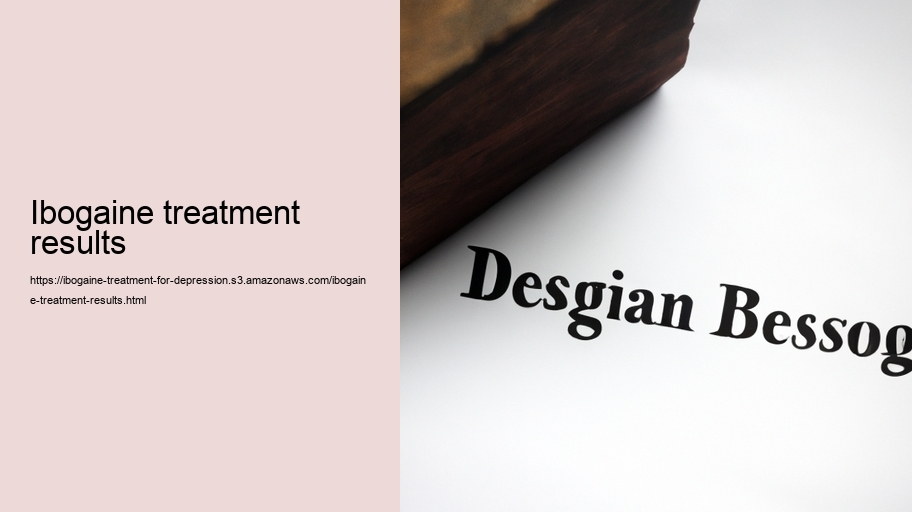Ibogaine Treatment Results: Unveiling the Complexities of an Alternative Therapy
In the labyrinthine quest for solutions to the scourge of addiction, ibogaine emerges as a substance shrouded in equal parts mystery and promise. This naturally occurring psychoactive compound, extracted from the roots of the African shrub Tabernanthe iboga, has piqued the interest of both those suffering from addiction and researchers alike. Ibogaine treatment results have become a subject of fervent discussion, reflecting a tapestry woven with threads of hope, skepticism, controversy, and anecdotal success stories.
Embarking on an exploration into ibogaine's therapeutic potential requires sifting through varied experiences and clinical studies. Proponents claim that it can significantly reduce withdrawal symptoms from opioids and other substances, diminish cravings, and even catalyze profound psychological insights that contribute to long-term recovery. Yet these outcomes are not guaranteed nor universally experienced, making it essential to approach ibogaine with cautious optimism.
Initial observations suggest that ibogaine’s efficacy hinges on its ability to interact with multiple neurotransmitter systems within the brain. It is believed to modulate dopamine pathways often implicated in addiction cycles while also affecting serotonin levels which could explain its psychotropic effects. This multi-target action may be responsible for its purported ability to alleviate withdrawal symptoms swiftly—sometimes within mere hours—and initiate a period of introspection that many users describe as life-altering.
Anecdotes abound where individuals recount transformative experiences during their ibogaine treatments—a psychological voyage often characterized by vivid visions or intense emotional release—leading to personal epiphanies and renewed determination towards sobriety. For some participants, this one-time session marks a definitive turning point; they emerge seemingly liberated from their prior compulsions.
Nevertheless, it would be imprudent not to consider the gravity of risks associated with ibogaine treatment. The substance is not without its dangers; it can induce bradycardia (slowing of the heart rate), ataxia (loss of control over bodily movements), hallucinations which might be distressing for some individuals, and in severe cases—even fatalities due mainly to preexisting health conditions or improper administration settings.
What complicates matters further is that comprehensive clinical trials remain scarce due primarily to regulatory hurdles and limited funding given ibogaine's classification as a Schedule I drug in countries like the United States. Most data currently hail from observational studies or reports from international clinics operating in legal grey areas where standardized protocols may not always be upheld.
Moreover, relapse after ibogainetreatment is still possible—an outcome frequently overlooked amidst success narratives. Addiction is multifaceted; underlying issues such as mental health disorders or social factors often need concurrent attention beyond pharmacological intervention alone for sustainable recovery.
Those considering ibogaine therapy must weigh these complex considerations carefully alongside professional medical advice—ideally seeking out reputable centers that prioritize safety through medical screening procedures before administering treatment under supervision by trained personnel equipped to handle emergencies.
In conclusion,the enigmatic chapter oniboga ine treatment results remains open-ended—a compendium filled with compelling testimonials yet countered by cautionary tales urging thorough investigationand circumspection.Despite intriguing signs pointing toward substantial benefits for some battling addiction,it stands clear that more rigorous scientific scrutinyis imperative.Until such evidence solidifies,Iboga ine will continue toevoke debateas society grappleswith finding compassionate,effective approaches totreating oneofhumankind's most enduring afflictions—the relentless gripofaddiction.
